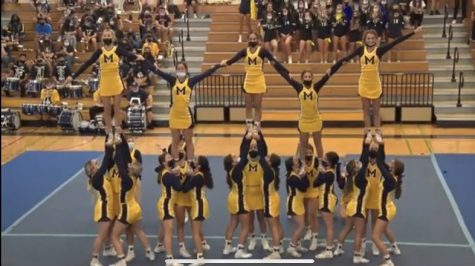Telescope at Massapequa Library
Almost every single kid has been fascinated by the concept of space or the universe and the vastness of it. Learning about constellations, planets in the solar system, and the moon was a subject most students enjoyed learning about in elementary school. In a movie set in space, the camera pans out from the astronaut’s face to allow the viewer to watch along with the actor as the spacecraft aligns itself in the perfect spot to view Earth.
Why let that childhood excitement die when you don’t have to?
If any of the previous scenarios struck a chord with you, you might want to reserve a telescope from one of the Massapequa Public Libraries.
Starting September 2020, the Massapequa libraries began lending out telescopes by reservations to patrons. Their Orion StarBlast 4.5″ Reflector Telescopes are designed to be beginner telescopes, allowing the user to easily track celestial objects due to the stabilizing base and the wide aperture to view a large portion of the sky at a time.
While the telescope program is only open to people 18 years of age or older, your parents or guardians can easily reserve the telescope. A Massapequa Library Card is needed to reserve the telescope for 7 days.
This is an excellent opportunity to take advantage of to view the night sky up close because these telescopes can be expensive or difficult to come across.
On clear nights, the stars, as well as the moon, can be visible from a backyard. Sometimes in particular locations, planets such as Venus and Saturn can be seen better with the aid of a telescope.
It might be advisable to learn about which stars can be seen on a specific night. Joining Massapequa High School’s astronomy club might pique your interest in the local celestial events such as current constellations and meteor showers.
Club advisor, Ms. Reynolds, explains how the club tends to run. “A typical meeting might start with a discussion of upcoming space events or interesting sights to observe. The meeting might then discuss a particular topic, for example, black holes or Mars.” Once planetariums and public observation sessions open again, the club intends to take trips to observe the night sky.
The club is set to restart soon with hybrid meetings, through the Google Meet and in-person, so look out for updates in the morning announcements!
Learning about the night sky is not only fun, but it also can open up the doors to potential career options. Astronomers, climatologists, and astrophysicists are only a handful of the people who started out their careers by looking at the night sky and now funnel that passion into their full-time job.




